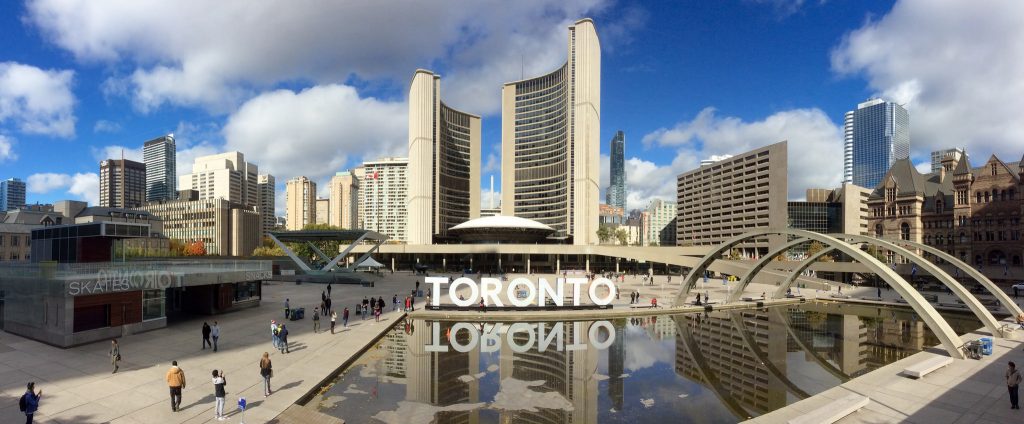New bylaw procedures have been implemented by the City of Toronto to provide clearer standards regarding noise in the city. Bylaw amendments include a number of changes relating to ‘amplified sound’ that have positive implications for the live music ecosystem, and provide clearer communication from the City to venue owners. These substantial amendments flow from an extensive research and consultation process led by the City of Toronto’s Municipal Licensing and Standards (MLS).
Music Canada applauds the City’s amendments to the bylaw, which signify a positive step forward, and demonstrate that the music community was a meaningful stakeholder in the deliberation process. As described in our groundbreaking report The Mastering of a Music City, it is critical for cities to implement measures that support the growth of a robust music economy.
These amendments better recognize the crucial role the live music sector plays in making Toronto a vibrant and inclusive Music City. They also demonstrate the value the City sees in the live music industry, its impact on our local economy, and what it means for the improved quality of life for those living in Toronto and the surrounding area. In addition to the elimination of the old Noise Bylaw’s ‘general prohibition’ (which stated that “no one shall produce noise that disturbs anyone else, day or night”), the updated policies contain new musician-friendly standards including:
- Quantitative decibel limits for amplified sound, giving venues a clear, objective standard against which to measure and manage their operations
- An adjustment to point of measurement for decimal levels, which will now be measured from the point of reception (where the noise is heard) instead of the property line of the sound source (music venue, festival site, etc.).
Policy-makers heard from a wide range of groups, including venue owners, festival operators, artists, residents’ associations, businesses, public health authorities, and other interested stakeholders. The Toronto Music Advisory Council (TMAC) – of which Music Canada was a core member – also played an important role in the process, providing critical input and recommendations regarding the reform of various noise-related regulations.
“These changes signal the City’s growing recognition of our businesses and organizations – who add significantly to the heart beat of Toronto,” said Erin Benjamin, President & CEO of the Canadian Live Music Association. “Live music venues and events are significant economic and cultural assets. They animate neighbourhoods, enhance benefit to local businesses, create jobs and attract tourists. We expect the new noise bylaw to be clearer in terms of interpretation and application.”
These bylaw amendments were first approved by City Council in April, but the policy changes came into effect on October 1. To learn more about the City of Toronto’s new Noise Bylaw, visit https://www.toronto.ca/city-government/public-notices-bylaws/bylaw-enforcement/noise/.

 On Monday, November 13,
On Monday, November 13, 





Music Canada